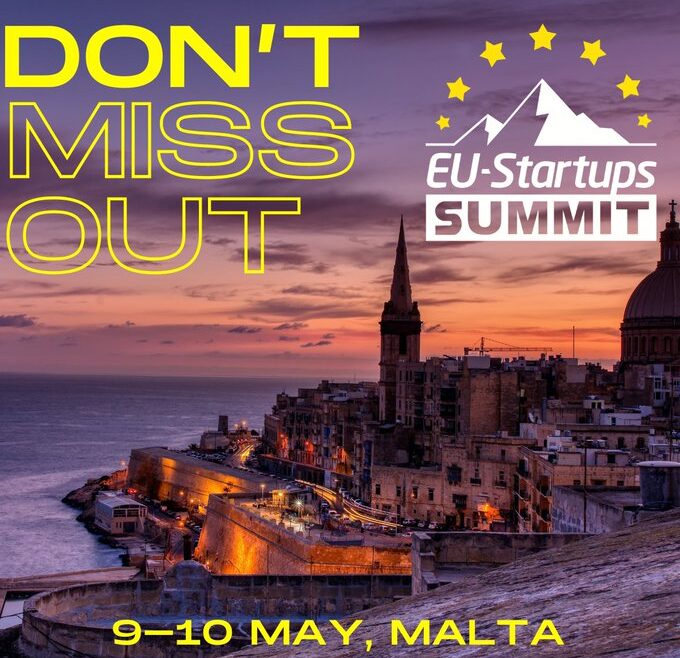RAISE Project Published Key Results
RAISE Project Published Key Results https://theraise.eu/wp-content/uploads/2024/05/RAISE-logo-on-dark-blue_page-0001-1024x1024.jpg 1024 1024 RAISE fosters startup growth and scale-up within and across Europe https://theraise.eu/wp-content/uploads/2024/05/RAISE-logo-on-dark-blue_page-0001-1024x1024.jpgThe RAISE project concludes today, and we are excited to share key numbers and findings showcasing our support for startups. From June 1, 2022, to May 31, 2024, the project’s main goal was to foster startup growth and scale-up across Europe through initial funding, research support, public incentives, and internationalization. This effort promoted competitive business models, innovative collaborations, and solutions, contributing to a cohesive EU startup ecosystem that connects cities and regions across Europe.
We invite you to join our community of interested peers in the ‘Open Startup Forum’. Know-how articles, workshops, matchmaking events, and business mentoring are some of the opportunities raised by our ‘Open Startup Forum’






















